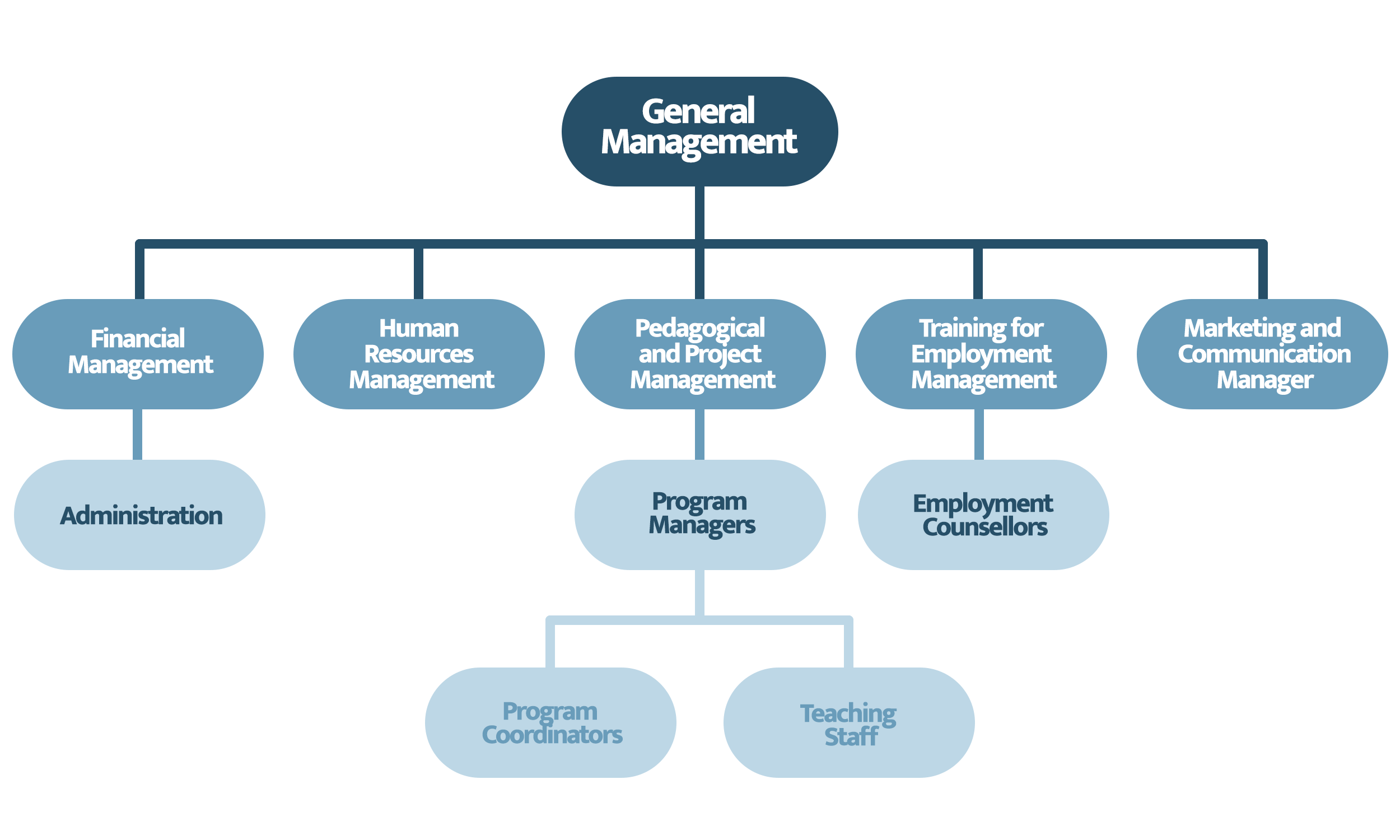The right of access to public information consists of any natural or legal person’s right, either individually and on their own behalf, either on behalf and in the name of the legally existing organizations in which they are grouped or that represent them, to access public information, without any limitations other than those contemplated in the Law and without needing to ground their request.
Public information means contents or documents, whatever their format or support, that are held by the those subject to the Regional Law 5/2018, of May 17, on Transparency, Access to Public Information and Good Governance, and that have been prepared or acquired in the exercise of their functions.
Access to the information will be free of charge in general, and it will be made available in the requested form or format, whenever possible.
